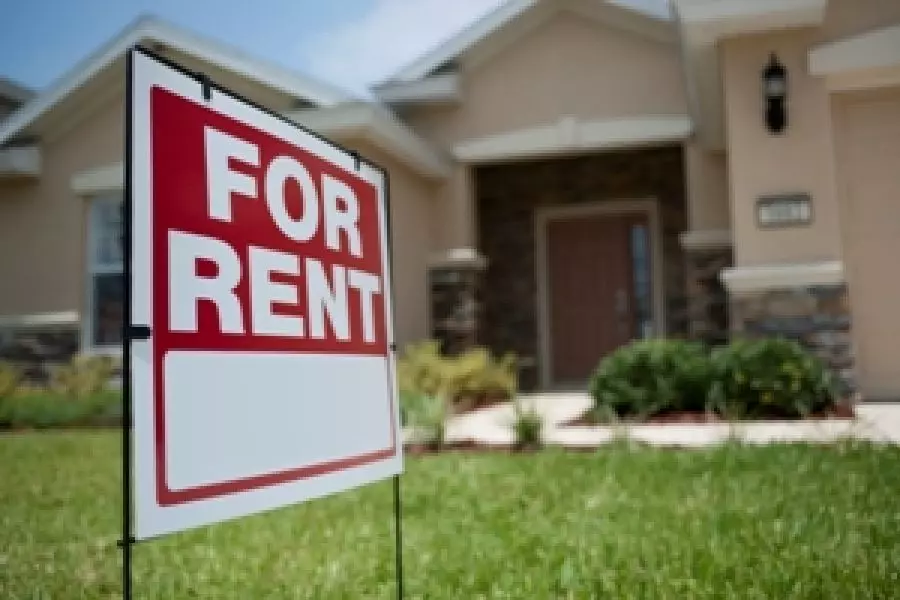News
What tenants really want

Tuesday 15th of December 2015
Of late, tenant advocates have been calling for lengthy default terms for fixed-term tenancies to try and increase rental security.
But Barfoot & Thompson’s new rental tenure data shows that it is “periodic tenancies” – rather than fixed term tenancies – which are the preferred form of rental arrangement.
Director Kiri Barfoot said this was prob...
Want to read the full article?
Click the button below to subscribe and will have unlimited access to full article and all other articles on the site.






![[The Wrap] Bye Bye Bayly](https://goodreturns.publit.io/file/c_fill,w_900,h_600/39f23ac1-f7c7-4854-b700-a150004ebbac.webp)


